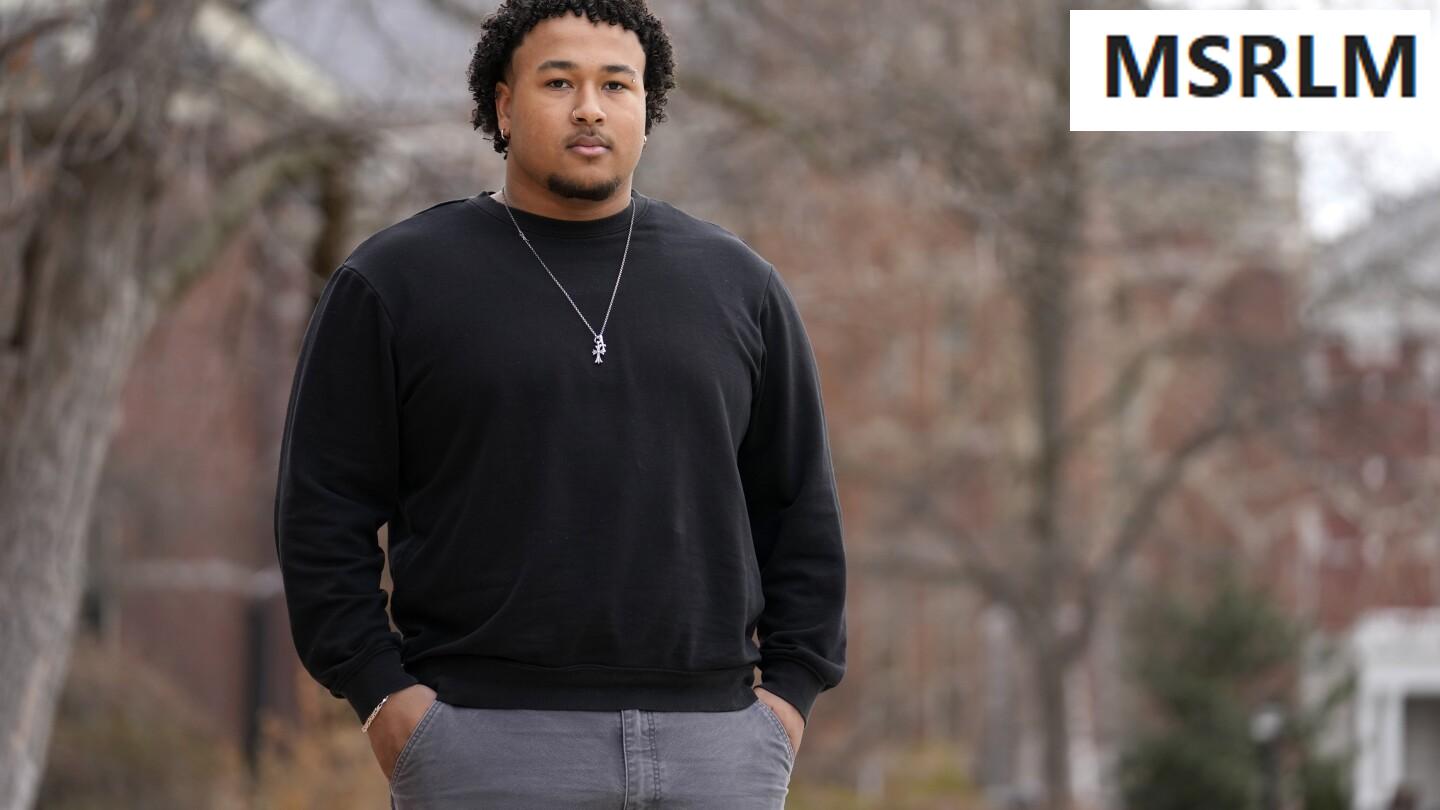Recently, America has been witnessing significant transformations regarding diversity, equity, and inclusion (DEI) initiatives in major corporations. Companies like McDonald’s and Walmart have pulled back on various DEI policies, sparking conversations about the future of these important programs. This shift is deeply tied to political changes affecting how businesses view their responsibilities toward diversity and inclusion.
McDonald’s and Walmart Lead the Change
Both McDonald’s and Walmart, two giants in the retail and food industries, are adjusting their approaches to DEI. Just last week, McDonald’s announced the end of some of its initiatives aimed at promoting diversity and inclusion. According to the company, they completed a Civil Rights Audit and noted changes in the legal landscape that influenced this decision. McDonald’s removed senior leadership diversity objectives and paused a supplier diversity training program, although they still reported that 30% of their U.S. leadership positions are held by people from underrepresented groups.
Similarly, Walmart has also rolled back certain DEI efforts. The company will now exclude race and gender from its supplier evaluations, meaning they won’t consider these factors when offering contracts or opportunities. They have stopped collecting demographic information for grants and are reviewing their support for events related to Pride. These decisions are shocking for many who believe that businesses should support diversity at all levels.
A Broader Trend in Corporate America
The changes at McDonald’s and Walmart are part of a wider trend among major companies examining their DEI initiatives. Firms like Ford and Harley-Davidson have also reassessed their commitments, with Ford discontinuing its participation in the Human Rights Campaign’s benchmark index and Harley-Davidson halting its DEI efforts altogether.
Many critics argue that these changes reflect a retreat from the principles of diversity and inclusion that these companies embraced following incidents like the death of George Floyd. After that tragedy, many businesses expanded their DEI goals, aiming to create more inclusive workplaces and to bridge gaps in representation.
Political Influence and Public Opinions
This shift in corporate DEI strategies is coinciding with significant political pressure. Conservative leaders have expressed strong opposition to DEI programs, often labeling them as part of a so-called ‘woke’ agenda. For some, these initiatives are perceived as unnecessary distractions from core business operations. The backlash against DEI has gained traction, with several states implementing laws that restrict how diversity initiatives can be taught or promoted, particularly in education.
For example, the University of Missouri eliminated its diversity office in 2024 after years of protests demanding more representation on campus. Similar moves have occurred in states like Alabama and Florida, where conservative lawmakers have pushed to dissolve DEI programs under the belief that they’re creating divisiveness.
The Effects of Cutbacks on Employees
As large companies cut back on their DEI efforts, there are growing concerns about the consequences for employees. Many fear that without strong DEI programs, workplaces could become less inclusive, which may affect team morale and trust among staff members. Employees from underrepresented backgrounds may feel less supported, and their perspectives might go unheard in decision-making processes.
According to critics, rolling back DEI initiatives is not just about policies but about creating an environment where all employees can feel safe, respected, and valued. If companies move away from these commitments, they risk undermining the progress made in achieving workplace equality.
Future of DEI Initiatives in a Changing Landscape
While many companies are reevaluating their DEI commitments, experts suggest it’s vital for businesses to find a balance between political pressures and their corporate values. Industry leaders must navigate a path that sustains their responsibility toward creating diverse and inclusive workplaces, even amidst increasing scrutiny and backlash.
Furthermore, companies need to communicate their DEI strategies effectively to employees and customers, ensuring that the commitment to diversity is genuine and not merely a response to external pressures. It’s essential for the future of our workforce that companies do not lose sight of the importance of diversity, equity, and inclusion.
Table: Recent Changes to DEI Policies by Major Companies
| Company | Changes Made | Reasons Cited |
|---|---|---|
| McDonald’s | Ended senior leadership diversity goals; paused supplier diversity training. | Completed Civil Rights Audit; shifting legal landscape. |
| Walmart | No longer considers race and gender in supplier evaluations; stopped collecting demographic data. | Conservative backlash; focus on business operations. |
| Ford | Stopped participation in Human Rights Campaign index. | Focus on all employees, not just specific groups. |
| Harley-Davidson | Ended participation in DEI programs. | Realigned focus to workplace topics. |
This evolving story about DEI policies highlights the critical debate in American society surrounding diversity, equality, and inclusion in the workplace. The implications of these decisions are significant, shaping not just the corporate landscape but also the day-to-day experiences of countless employees.
